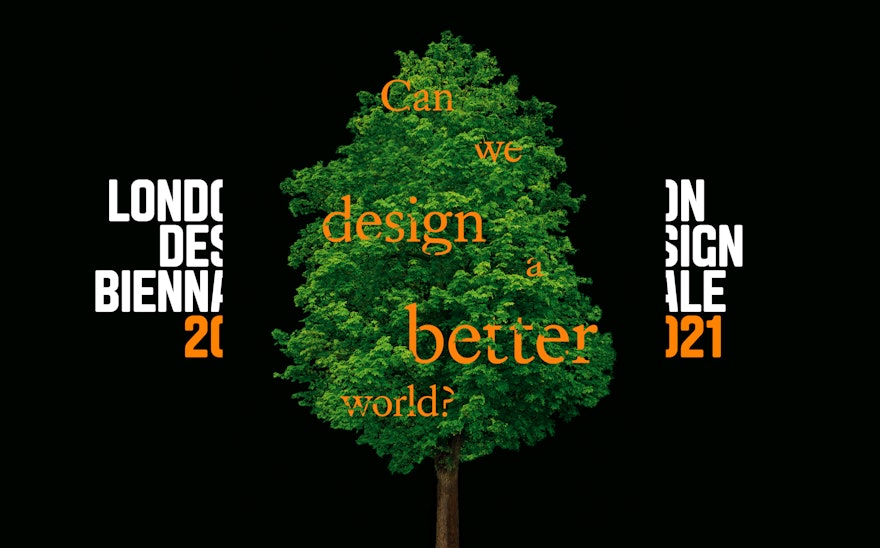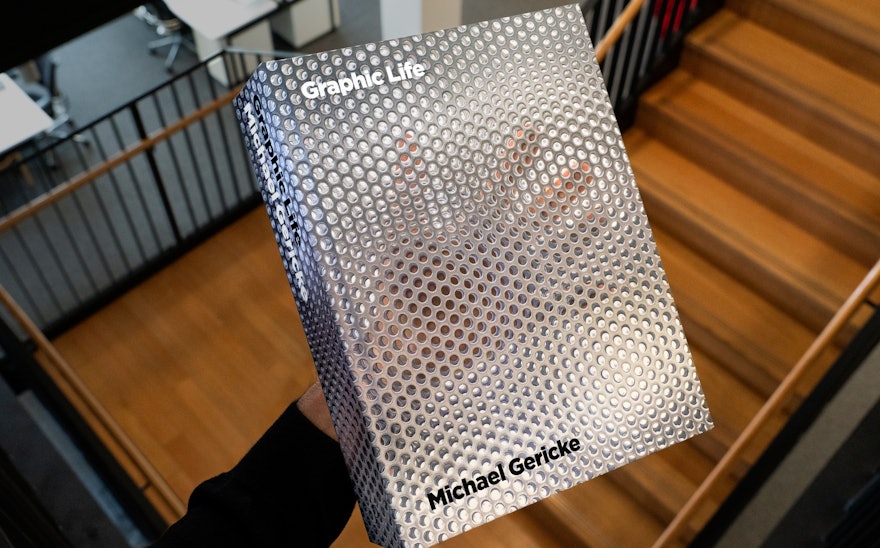Established in 2016 by Sir John Sorrell CBE and Ben Evans CBE and now on its third edition, this year’s London Design Biennale is the first major design event in the capital since the global pandemic struck.
Artistic Director Es Devlin chose the theme of ‘resonance’ for this year’s edition. Teams of designers and curators from over 50 countries, territories and cities have responded to this with a series of pavilions set across the Biennale’s historic location of Somerset House. Devlin recognises the impact of working together to tackle the difficulties we face as a planet: “As a community of designers approaching shared global challenges from culturally diverse viewpoints, the collective resonance of our ideas and our actions has the power to be truly transformative.”
This year has seen a change to the structure of the Biennale, which is no longer a purely physical event, with many online installations and presentations taking place at the same time. These include the Design In An Age Of Crisis Digital Gallery, featuring submissions to a global open call issued by Chatham House and the London Design Biennale, which invited radical design thinking from the world’s design community, the public and young people. In addition, Biennale Sessions will take place online and will be accessible for anyone wherever they are in the world.
The Biennale aims to ‘promote international collaboration and the global role of design with exhibitions and installations that demonstrate the ambition to create universal solutions to problems that concern us all.’ Taking this as a starting point for the 2021 identity, the team at Pentagram considered the challenge of how design can respond to the issues the world is currently facing and what design can actually do to help solve these issues and deal with the impact they’ve had at a global level.
Pentagram’s team recognised that issues such as sustainability, climate change, poverty, man-made and natural disasters, inequalities in health, wealth, technology access and diversity are all interconnected.
For the identity, the team took inspiration from the tree—something we take for granted but that is one of the most potent symbols of regeneration. Trees represent the environmental struggle we are collectively facing but also the solution, as they can help breathe life back into our planet. To engage viewers and help reinforce the Biennale’s central theme, a series of questions set in an elegant serif typeface are woven around tree branches. These include provocative questions such as ‘can design change our habits?’ and ‘can design bring change?’
The identity has been applied across print and digital applications, along with a special limited-edition souvenir box.
In parallel to this, Es Devlin has planted a ‘Forest for Change’ comprising 400 trees in the courtyard of Somerset House. Paths through the trees converge at a central clearing containing a pavilion explaining the United Nations’ 17 Sustainable Development Goals.
Pentagram’s identity for this year’s London Design Biennale is both thought-provoking and inspiring, perfectly expressing the aims of 2021’s Biennale and providing a call to action for the whole design community.

